Robots versus Jobs: What EdTech can bring to South Africa

In today's rapidly evolving technological landscape, the convergence of robotics, AI, and automation is reshaping industries globally. For South Africa, harnessing the potential of Education Technology (EdTech) is crucial in preparing its youth for the jobs of tomorrow, particularly in STEM fields.
Here’s how EdTech can make a significant impact:
1. Embracing Hands-On Learning in STEM
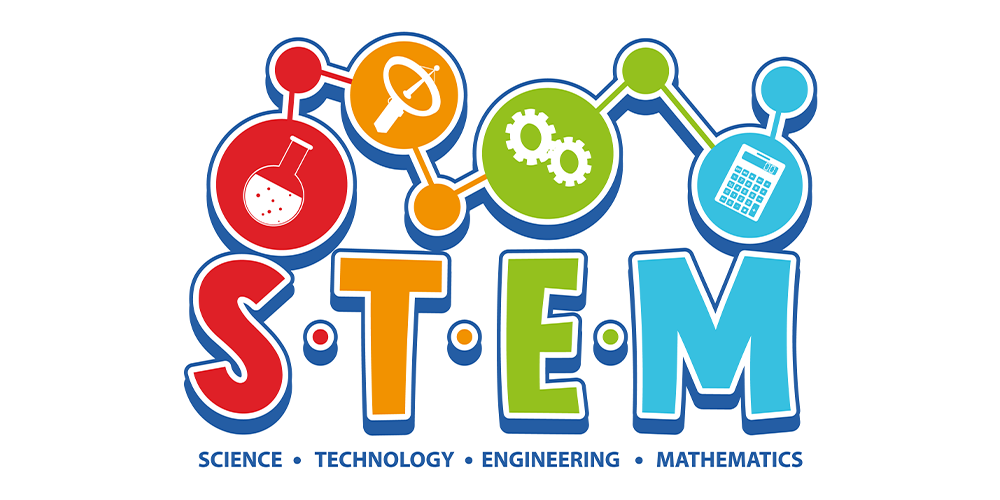
As the STEM (Science, Technology, Engineering, and Mathematics) market expands, there is a growing interest among children to interact with hardware rather than just software. This trend is driven by the realization that hardware, especially in robotics and AI, provides tangible interfaces for understanding and manipulating the digital world. EdTech facilitates this by offering interactive platforms that blend theoretical knowledge with practical, hands-on experience. This approach not only enhances engagement but also fosters a deeper understanding of complex concepts.
2. Breaking the Cost Barrier
Despite the enthusiasm for STEM education, access to educational kits remains a significant challenge. Traditional kits from renowned brands like Lego can be prohibitively expensive, leading many parents to opt for software-only programs that lack the tactile experience crucial for STEM learning. Consequently, children may lose interest once the novelty of virtual simulations wears off. EdTech solutions, such as those offered by Sheen, address this issue by providing affordable alternatives without compromising on quality. By lowering financial barriers, EdTech ensures that all children, regardless of economic background, can explore and excel in STEM disciplines. Choose kits for your children today here!
3. Nurturing Critical Thinking and Computational Skills

The jobs of the future demand advanced cognitive abilities, including critical thinking, problem-solving, and computational logic. EdTech plays a pivotal role in nurturing these skills from an early age. By engaging with robotics and hardware programming, students learn to analyze problems, devise innovative solutions, and apply their knowledge in real-world scenarios. This experiential learning not only prepares them for future careers but also cultivates a mindset of continuous learning and adaptation in a rapidly evolving technological landscape.
4. Sheen: Empowering Hands-On Learning
Sheen stands out in the realm of EdTech by offering a diverse product portfolio coupled with robust hands-on support. The approach enables children to delve into STEM subjects with confidence, providing the necessary tools and guidance to kickstart their learning journey hassle-free. By emphasizing practical application and exploration, Sheen empowers young learners to develop a deep-seated passion for technology and innovation, setting a solid foundation for future academic and professional success.
Conclusion
In conclusion, EdTech holds immense promise in equipping South Africa's youth with the skills and competencies needed to thrive in a technology-driven world. By promoting hands-on learning in STEM fields, breaking down financial barriers, and nurturing critical thinking capabilities, EdTech not only prepares students for future job markets but also fosters a culture of innovation and resilience. As South Africa continues to invest in educational reform and infrastructure, integrating effective EdTech solutions will be instrumental in unlocking the potential of its young population and positioning the nation for sustainable growth and competitiveness on the global stage.



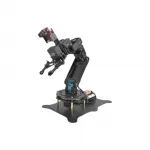

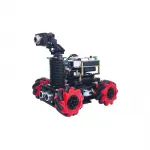

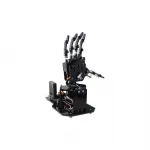


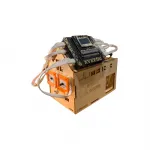

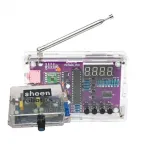
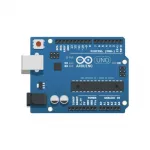
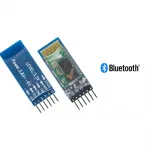
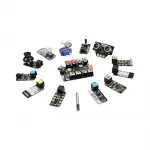
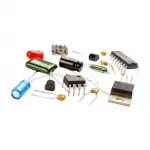

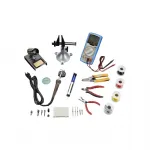



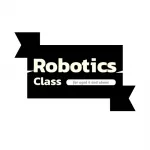



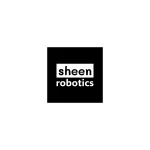


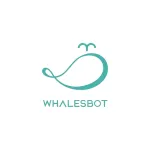




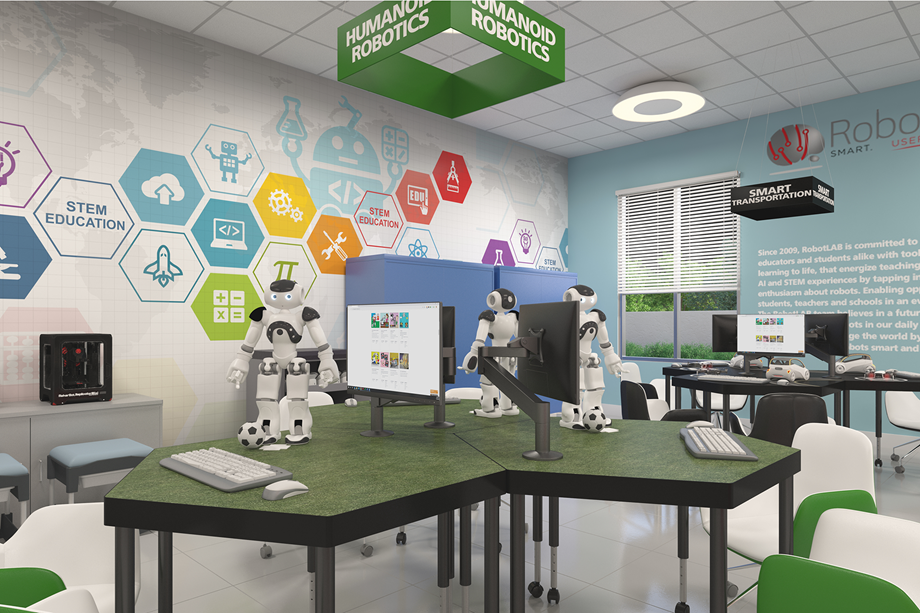

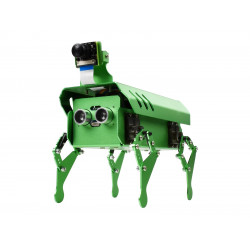

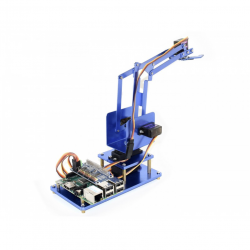
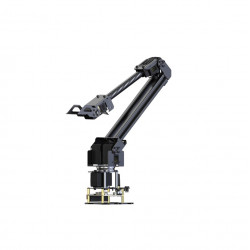
Leave a Comment